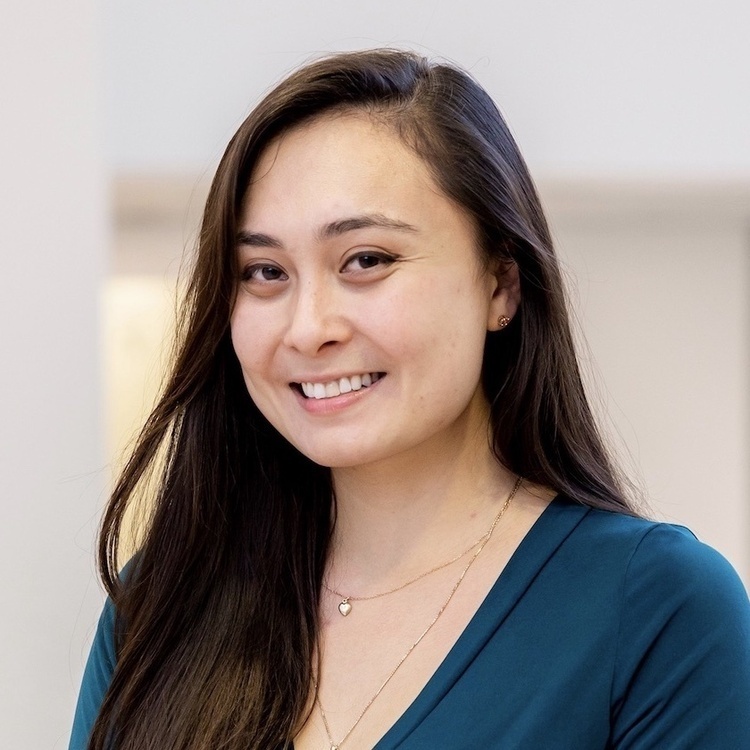
CogLunch: Hope Kean "Domain-General Reasoning in the Human Brain"
Description
Speaker: Hope Kean
Title: Domain-General Reasoning in the Human Brain
Abstract: The capacity to induce novel concepts and hypotheses from our experiences in the world is ubiquitous in humans. This inductive reasoning capacity is critical for predicting the future and is thus central to our survival. How does our brain support this ability? In this talk, I will ask—and provide some preliminary answers to—three questions. First, I will ask: 1) What brain system or systems support domain-general inductive reasoning? Using fMRI evidence from a domain-general inductive reasoning paradigm (Rule, 2020), I will show that inductive reasoning is supported by the so-called Multiple Demand network, contra past claims that this kind of reasoning relies on linguistic representations. This bilateral fronto-parietal network consists of a set of brain areas that a) support diverse goal-directed behaviors, and b) have been causally linked to fluid intelligence. Next, I will examine the relationship between inductive reasoning and several other forms of thinking, like deductive logical reasoning, arithmetic problem-solving, and reasoning about the physical world. Although all of these tasks engage (at least parts of) the Multiple Demand network, the fine-grained topographies are distinct among these tasks (but stable within each task across and within individuals). Understanding these differences across diverse forms of thinking and reasoning is an exciting ongoing direction. Finally, I will discuss some preliminary efforts (and challenges) to decipher the computations that support inductive reasoning using both univariate and multivariate analytic approaches.

